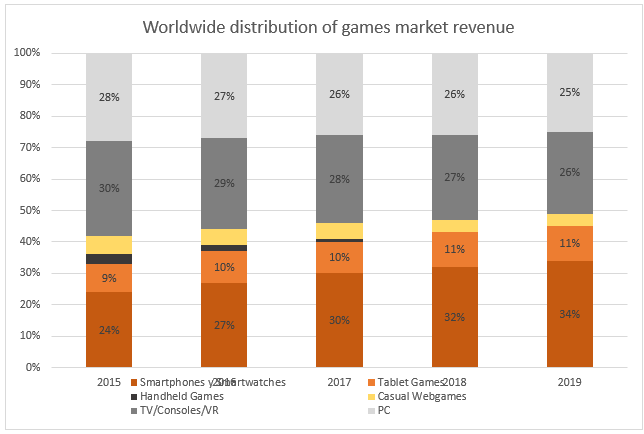One of the implications that has accompanied the constant improvement of Internet connections, along with the capabilities of computers, mobile phones and tablets, has been the drastic change in consumer habits in many leisure sectors. Music, film or television, became more accessible through services such as Spotify, Netflix or YouTube, and changed radically how we enjoy them. However, the video game industry was reluctant to accept this change until now.
Why are there no big cloud gaming platforms today? Actually yes, there are, being the most popular Playstation Now, with access to hundreds of games from the firm´s old consoles, such as PS2 or PS3. But not PS4. But if you want to subscribe to Sony’s streaming service you must have a PS4 console or a Windows computer, and pay $ 19.99 per month. Maybe that’s why it does not has the popularity that the Japanese company wanted.
Returning to the question, the reason why the videogame sector does not advance at the same speed as music or movies is because video games involve complementary actions between players, which is a technological limitation of some depth.
Video games are only accessible for people of medium-high income nowadays. “Many would like to play video games, but they can not afford to spend $ 400 or $ 500 in a console plus $ 60 each time they want to buy a videogame,” said Pete Hines, Senior Vice President of Marketing and Communications at Bethesda, according to CNN. Eliminating this economic barrier could exponentially increase the number of users in videogames worldwide.
According to the videogame analyst Michael Pachter of Wedbush Securities, “console software will move out of these”, according to CNBC, referring to “Cloud Gaming” or videogames in the cloud. And he added: “Each new generation of consoles will be about half as relevant as the previous one” given that players have more options to play without using consoles. The truth is that data matches his declarations, as videogames for mobile phones or tablets increase their market share year after year.

Source: webpc.com
In fact, in the last year we have seen great advances towards “Cloud Gaming”
- Google introduced its Stadia platform, which would charge a subscription of $9.99 per month and for which they say they will release free games with a regular cadence. Google Stadia also intends to offer a free option in which the user decides what games he wants to buy, paying exclusively for them.
- Microsoft for its part presented at E3, the most important event in the world of video games, its XCloud project, which attendees could test. Microsoft has not yet revealed the price of its service, but what they have announced is the platform’s capacity: 3,500 Xbox games in addition to 1,900 that are currently in process.
Could we face a revolution in the videogame sector similar to the one we live with Netflix or Spotify in their respective markets? This new system is limited by current Internet connection of users, but the emergence of 5G technology could make things much easier.